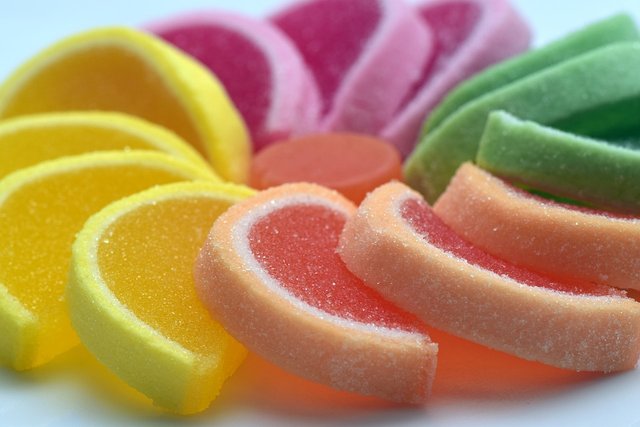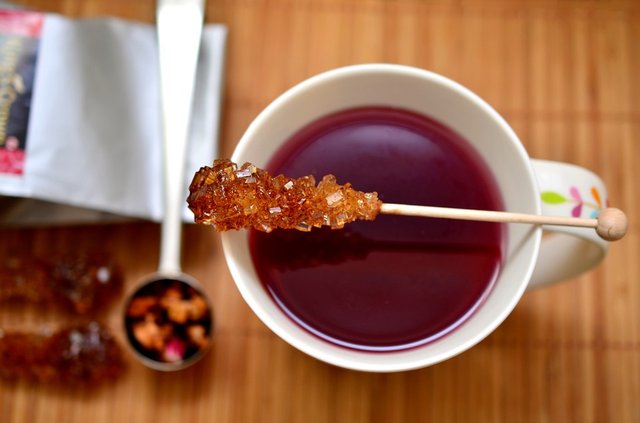It has a sweet taste but a bitter reputation: sugar makes you fat, causes diabetes and hurts your teeth, but continues to be used more than before. But there is sugar and sugar. Below we have collected some facts about the different types of sugar and sweeteners on the market.
White
Sugar White crystallized sugar or lumps are the most commonly used type of sugar in our homes. Its white color owes it to the refining process through which, however, many minerals and other nutrients are lost. White sugar has high-calorie content.
Brown cane sugar
As can be deduced from the same name, this type of sugar is extracted from sugar cane. The juice obtained from the pressing of this tropical plant is boiled until obtaining a syrup which is then dried and then ground. During this processing process, the mineral salts and vitamins are preserved but in a concentration so minimal that this type of sugar is not really so much healthier than the others.
Honey
It is commonly considered a miracle product and is attributed to anti-inflammatory properties, for example, dissolved in boiling tea should treat a sore throat.
Although it contains some precious minerals and enzymes, honey should be consumed in moderation because it has a high sugar content of 80%.
Stevia
Stevia, a herbaceous-shrub plant from South America, is considered the sweetest natural substance in the world. What makes it special is the fact that it contains neither sugar nor calories. As a taste, it recalls licorice and therefore does not appeal to everyone. It can be found on the market in different forms: dried leaves, tablets, liquid concentrate or in powder form. Chemical extraction such as aluminum salts is used for the industrial extraction of the sweetener, so it is still controversial if its use can be harmful to health.
Fructose
Fructose or fruit sugar is found naturally in different types of fruits and vegetables. It can also be produced industrially and is widely used in the finished products industry because it is less expensive than common sugar. Foods sweetened with fructose should be consumed with caution because this sweetener, in high concentration, can give some digestive problems.
Xylitol
Xylitol is a white, crystallized powder, also known as wood sugar. It is widely used in tablets to be dissolved in the mouth, chewing gums and kinds of toothpaste thanks to its alleged anti-aging properties. However, if taken in high doses this auditor may cause amateurism due to its fermentation in the large intestine. This type of sugar is also among the most expensive.
Synthetic sweetener
The substances contained in synthetic sweeteners such as aspartame, saccharin or cyclamate are calorie-free and do not cause caries. Artificial sweeteners have been produced to reduce the daily caloric intake without having to give up tasting sweet food. However, experts are divided on their carcinogenic effect. It is also suspected that they also have a negative effect on the intestinal bacterial flora.
Conclusions
The following consideration is generally valid: any type of sweetener or sugar should be taken in small quantities, although some types of sugar may be healthier than others.




Congratulations @steemdiet! You have completed the following achievement on the Steem blockchain and have been rewarded with new badge(s) :
Click here to view your Board
If you no longer want to receive notifications, reply to this comment with the word
STOPTo support your work, I also upvoted your post!
Downvoting a post can decrease pending rewards and make it less visible. Common reasons:
Submit
Downvoting a post can decrease pending rewards and make it less visible. Common reasons:
Submit